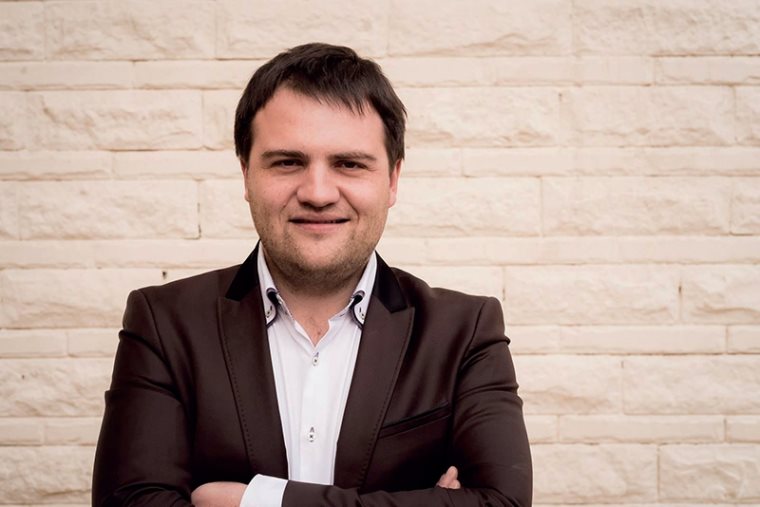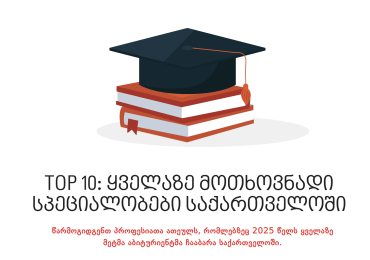GEORGIA’S START-UP COMMUNITY is growing fast, with local start-ups such as WiFisher, Lemondo Entertainment and WeHelp looking outside the country’s borders to expand. David Khosrotishvili of WiFisher is currently piloting his project in Santiago, Chile.
But international start-ups in Tbilisi are building their presence inside the country as well. One such example is the Peled family. The Israeli- born serial entrepreneurs recently began operating their fourth global start-up Topishare – a new social network – from Tbilisi. Then there is the Dutch duo of Jonne Catshoek and Mark van Embden, who also headquartered their data-driven communitybuilding start-up Elva in the nation’s capital; and American Thomas Burns, a Hollywood award-winning producer who is running his post-production start-up Spectra Post from Tbilisi as well. These are just a few examples of this trend.
Investments in Georgia are still mostly directed towards traditional, more secure businesses like hotels and mining. Similarly, Foreign Direct Investment in Georgia, which came to $1.3 billion (est.) in 2015, was mostly directed towards transport, the financial sector, and construction – not exactly where the ‘innovations’ happen.
Maxim Gurvits of the San Francisco-based Cross Border Angels & Investors and responsible for the CEE/MENA regions, has actively helped build the start-up community in the Caucasus. Maxim has, aside from his own start-up in the Netherlands in 2007, set up start-up accelerators and incubators in Bulgaria, provided training and workshops around Europe and the Middle East, and is currently connecting investors with start-ups worldwide.
Maxim explained to me the issues with the short-term thinking seen in Georgia when it comes to investing:
“The only reason to invest in startups is to make money. You make money by leveraging resources, either purely financial resources, or a combination of financial and skill set. In Europe, many organizations invest government and corporate money without short-term financial gain motives. But in the longer term, that motivation of gain is always there.“
When I ask him about the reasons to invest in start-ups in the Caucasus, he is mildly optimistic.
“It’s an interesting place, still very much in the early stage. There are a lot of smart, ambitious people, but there is also a very strong lack of specific skills, like business development, and product development. Also, there is a culture that isn’t conducive to sharing and learning, but quite the opposite. That’s one of the main reasons the brightest and best people make the decision to leave.”
On investing in Georgia, he feels a lot needs to happen, but believes there is presently a lot of potential here.
“Georgia is too small a country to be considered a startup market or destination. I don’t think the country can yield more than one potentially interesting, globally scalable investment opportunity per year. Still, it’s something, and worth watching.”
But he acknowledges the risks that go along with it, including a problematic educational system.
“For me the biggest risk is the alternative cost of doing early-stage companies. If that alternative cost is too low, i.e. it’s too easy to find something else to do locally, people will not be incentivized to try hard and do really complicated stuff. Also, the universities and job markets in such countries don’t focus on big problems and personal growth.”
He believes the community needs more support from its own local angel investors in order to drive the change that is necessary.
“My advice would be for local angels to support local communities, focus on longer term gains rather than shorter ones, and to breed a new generation of able founders. I still see quite a few interesting entrepreneurs and companies come out of the countries in that region, but if that number doesn’t grow, I think I will become less involved in the CEE (Central and Eastern Europe), and focus instead on emerging regions that grow faster.”
















